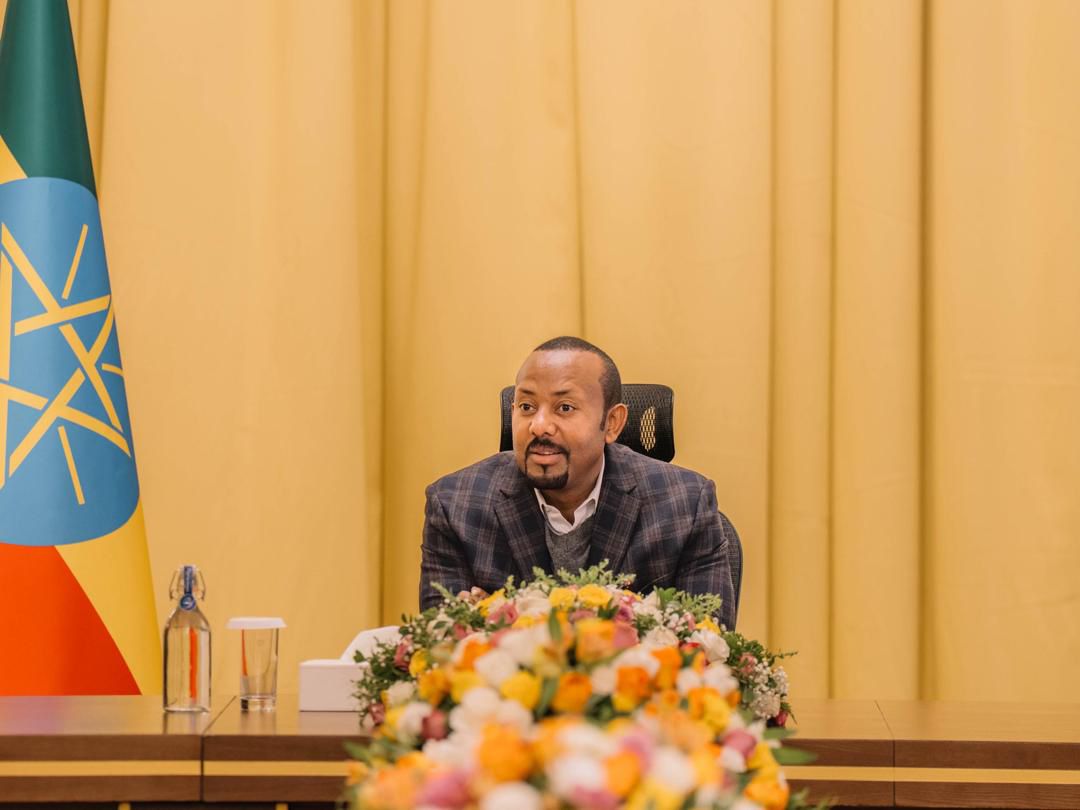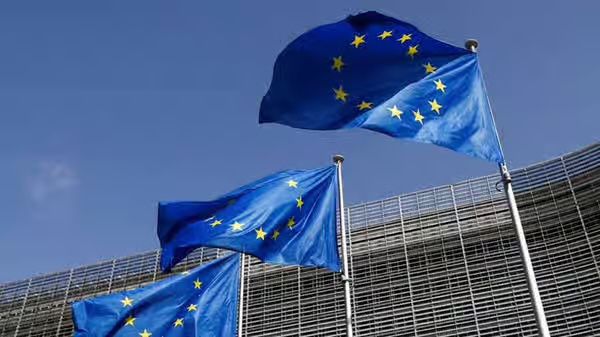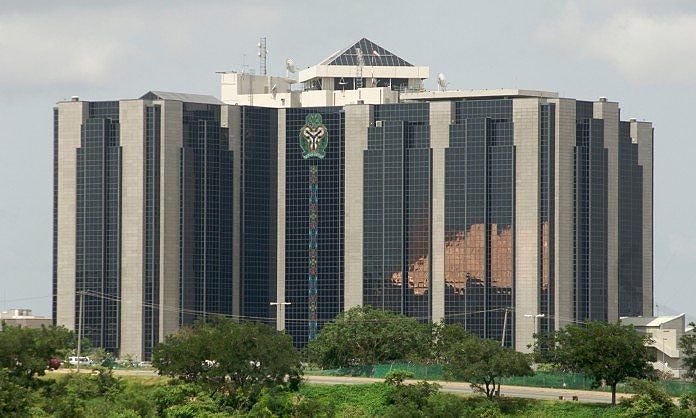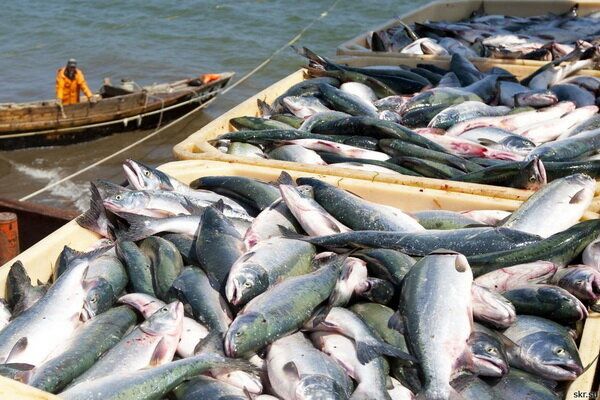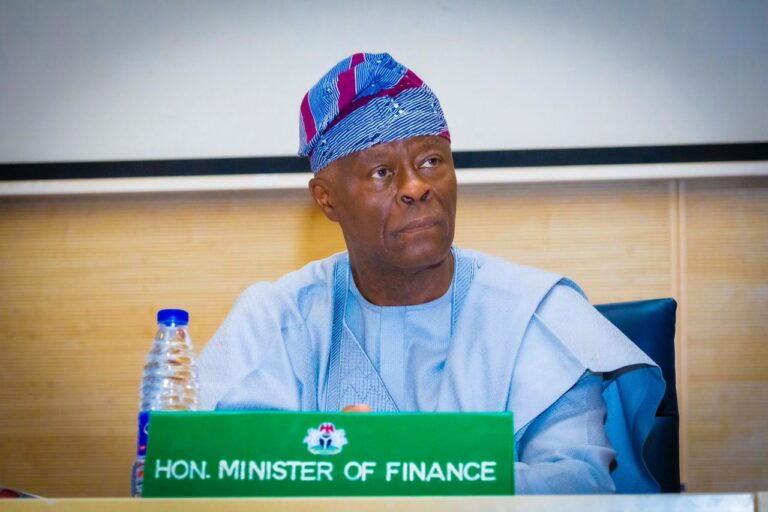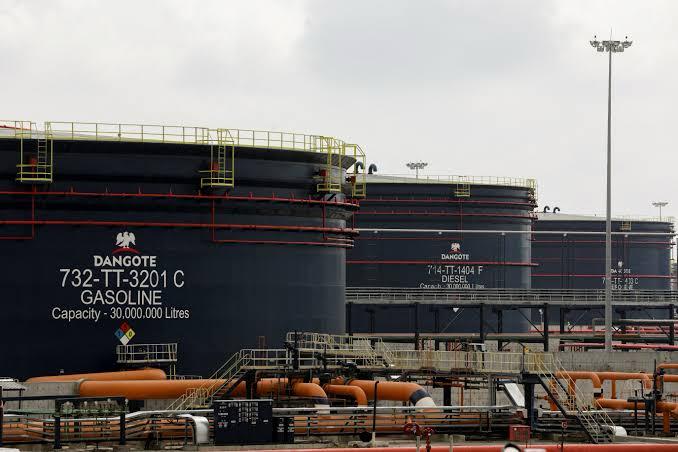In a major step toward achieving food security and agricultural independence, Ethiopia has officially partnered with the Nigerian Dangote Group to build a massive $2.5 billion fertilizer complex. Ethiopia prime minister Abiy Ahmed said on Thursday in a post on X (twitter).
The landmark deal, signed today between Ethiopian Investment Holdings and the Nigerian conglomerate, is set to make Ethiopia one of the largest fertilizer producers in the world.
Located at Gode town in Ethiopia’s southeast, will produce up to 3 million metric tons of fertilizer annually.
“This mega project will produce up to 3 million metric tons of fertilizer annually, placing Ethiopia among the largest producers globally,” Prime Minister Abiy said in a statement.
He emphasized the project’s significance in addressing long-standing challenges faced by Ethiopian farmers, including securing a reliable supply of fertilizer.
The new facility is expected to create a substantial number of local jobs and ensure a stable, domestic supply of a critical agricultural input. This move is seen as a decisive step in Ethiopia’s journey toward food sovereignty, reducing its reliance on imports and strengthening its economic competitiveness across the African continent.

The partnership with the Dangote Group, led by Africa’s richest man Aliko Dangote, highlights the growing collaboration between African nations on strategic economic projects. The Dangote Group already has a significant presence in Ethiopia with its cement factory in Mugher.
Following the signing of the Fertilizer Complex Shareholder Investment Agreement, officials are set to officially launch the project on-site. The Prime Minister’s office stated that the government is committed to seeing the project through to completion.
This investment is a key part of Ethiopia’s broader strategy to modernize its agricultural sector and transition from a predominantly agrarian economy to one with a more robust industrial base. By securing its own fertilizer supply, the country aims to boost agricultural productivity, improve crop yields, and ensure a more stable food supply for its growing population.



